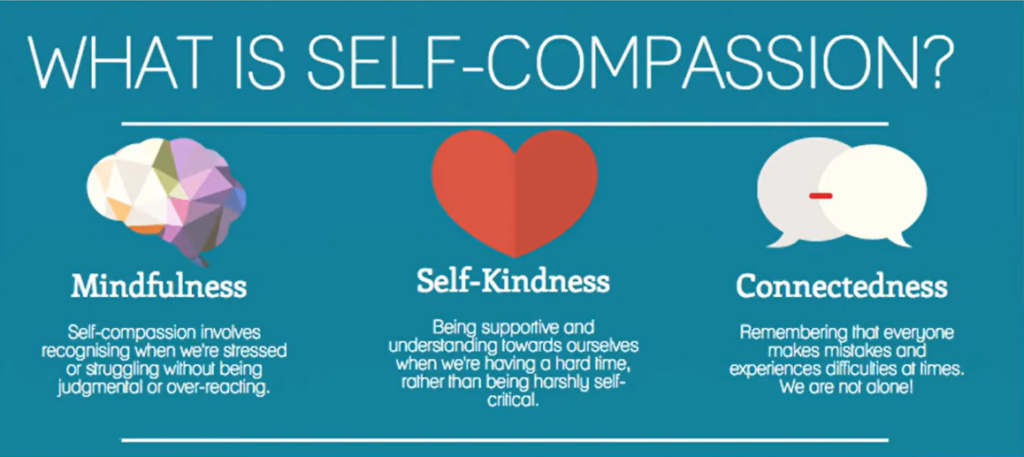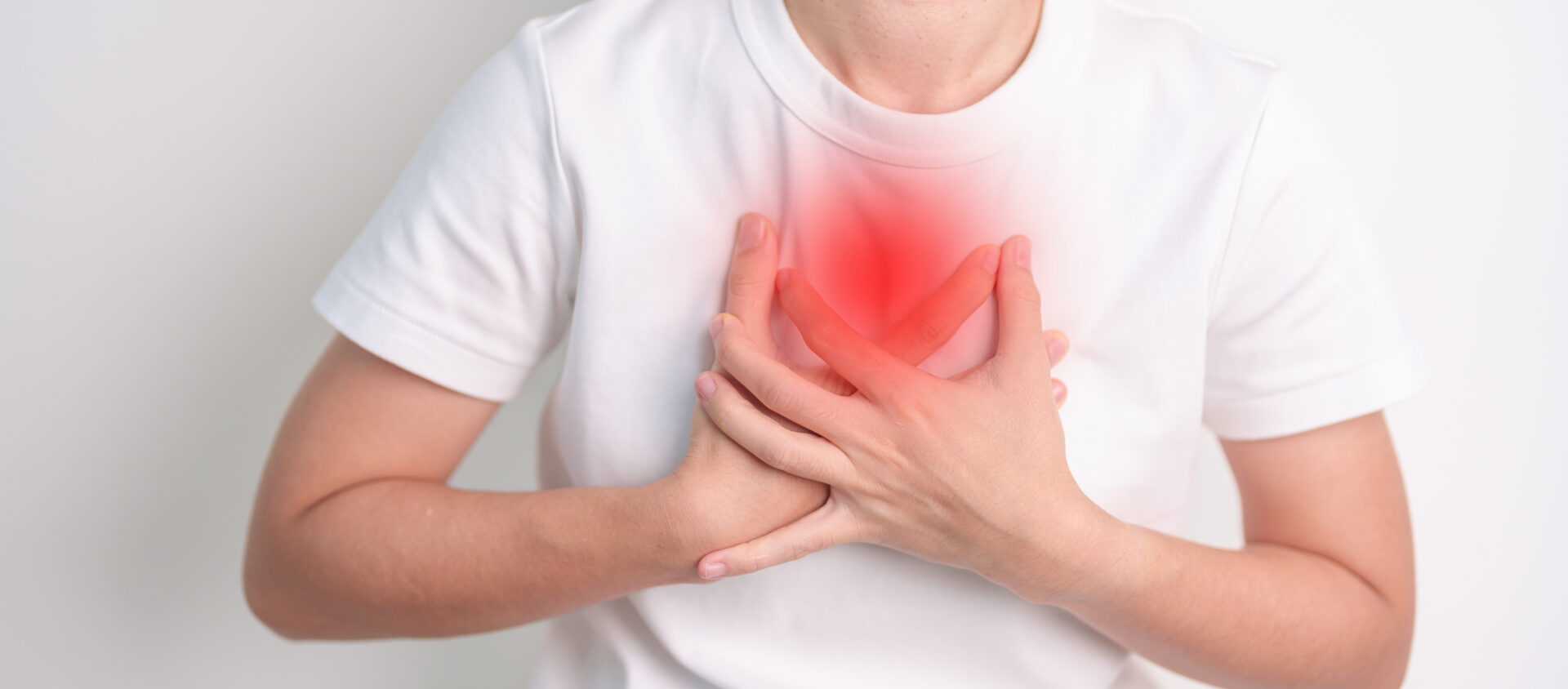With symptoms like breathlessness, it’s easy to understand why some people living with COPD experience anxiety. It’s important to remember you are not alone, and there are ways to manage feelings of nervousness and fear. If you have been diagnosed with COPD, there are many steps you can take to help you live better with COPD. In this article, we will focus on one: the importance of identifying and understanding your anxiety to support your mental health.
“Anxiety and depression are more common than you think. In fact, in people with COPD, 25% experience symptoms of depression, and approximately 40% experience symptoms of anxiety,” said Dr Lissa Spencer, Physiotherapist, Royal Prince Alfred Hospital.
What is breathlessness?
Breathlessness (shortness of breath) normally indicates that the body needs more oxygen and energy when exerting itself. However, breathlessness (dyspnoea) is common in people with lung or heart conditions, as well as in people who are overweight or unfit. Those with COPD will experience breathlessness as the disease affects the breathing tubes or airways and the lungs. The feelings of breathlessness may increase as the disease progresses. As a result, these constant feelings of being out of breath, can create greater feelings of anxiety.
What is anxiety?
Anxiety is when feelings of anxiousness and stress fail to disappear. This makes the feelings hard to manage. It is a serious condition, affecting people in their daily activities. It can be characterised by feelings of tension, fear, worrying, and people can experience physical changes such as increased blood pressure.
Feeling of worry is the main symptom of anxiety. Other symptoms include:
- Irritability
- Difficulty sleeping
- Feelings of restlessness
- Difficulty concentrating
- Panicky
- Tenseness
- Nervousness
- Nausea.
How to cope with anxiety and COPD

The good news is, there are things that can be done to help. There are various techniques you can use to reduce your anxiety.
“There is evidence available for the effectiveness of medication, cognitive behavioural therapy, exercise programs such as pulmonary rehabilitation, relaxation therapy and palliative care in COPD. Not everyone will need all these therapies. However it is important to talk to your health professional about the best options for you and your lifestyle,” added Dr Spencer.
Here are some coping techniques for your anxiety:
- Practice mindfulness techniques: These can help to reset your mind and focus on things that are not causing you stress
- Talk to your health professional
- Exercise: Apart from the significant benefit to your physical health, exercise boosts your emotional wellbeing. It releases feel-good chemicals which can help to lift your mood. Even if you find exercise difficult due to the limitations of your lung condition, getting out in the sunshine and fresh air will help you to cope better and can even improve your sleep
- Breathing techniques: When feelings of anxiousness start, bring your attention to your natural breath. Keep your mouth closed, inhale for a count of two, then exhale by pursing your lips for a count of four
- Understand your COPD: Learning how your COPD affects your lungs, what your symptoms are and the causes, can improve your mental health
- Connect with others: Peer support groups bring patients and carers with similar experiences together to help each other cope with the challenges of living with a lung condition. These groups provide a safe environment for people to feel heard and understood.
Our Mind Matters video series can help across all areas of life, increasing your ability to be present, and flexible in your response to life’s joys and challenges. The series can reduce feelings of anxiety and heightened emotional states while living with a lung condition or COPD. The series is best used in the order presented as each session builds on the one before. Rather than do it all at once, take 10 minutes once a day or once a week.



